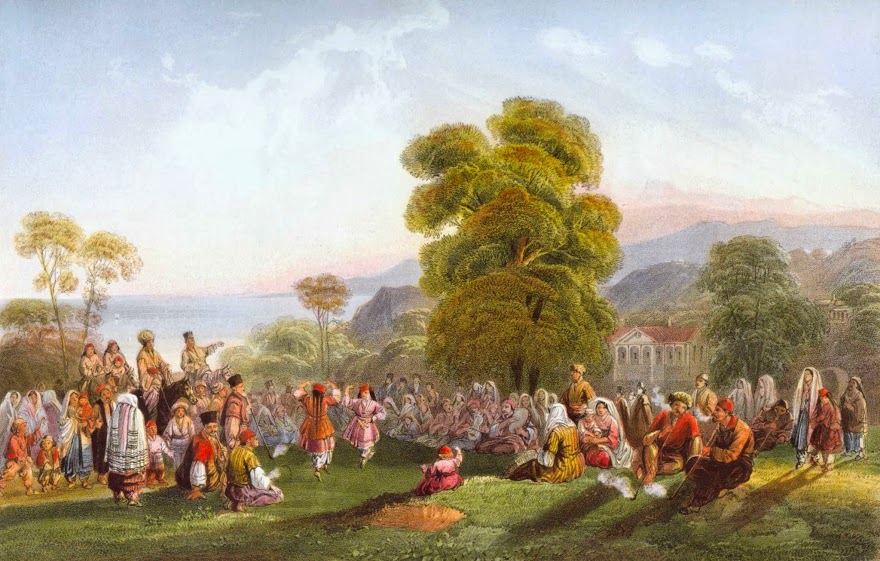The Office indicates that the international armed conflict in Eastern Ukraine began July 14, 2014 at the latest, in parallel to the non-international military conflict.
In its Report on Preliminary Examination Activities 2016, the Office reported that by April 30, 2014 the intensity of hostilities between Ukrainian government forces and anti-government armed elements had reached “a level that would trigger the application of the law of armed conflict and that the armed groups operating in eastern Ukraine, including the LNR and DNR, were sufficiently organized to qualify as parties to a non-international armed conflict”.
The Office mentions fierce fighting in Ilovaisk (Donetsk Oblast) in August 2014 and in Debaltseve (Donetsk) from January to February 2015.
In addition, the Office points to the intense shelling of Avdiivka and Yasynuvata, in particular the residential neighborhoods located in both government-controlled territory and areas controlled by armed groups in Donetsk Oblast.
“The increased intensity of fighting during these periods has been attributed to alleged corresponding influxes of troops, vehicles and weaponry from the Russian Federation to reinforce the positions of the armed groups.”
The ICC Office recorded more than 1,200 incidents involving crimes allegedly committed since February 20, 2014 in the context of events in Eastern Ukraine
The Office of the Prosecutor continues to gather and analyze statements and allegations regarding the fact that Russia has exercised and exercises general control over armed groups in Eastern Ukraine. It intends to establish whether this conflict between the Armed Forces of Ukraine and anti-government armed groups can be considered an international conflict.
The Office of the Prosecutor of the International Criminal Court has been investigating the situation in Ukraine since April 25, 2014.
On April 17, 2014, the Government of Ukraine lodged a declaration accepting the jurisdiction of the Court over alleged crimes committed on its territory from November 21, 2013 to February 22, 2014.
On September 8, 2015, the Government of Ukraine lodged a second declaration accepting the jurisdiction of the ICC in relation to alleged crimes committed on its territory from February 20, 2014 onwards, with no end date. On September 29, the Prosecutor announced the extension of the preliminary examination of the “Situation in Ukraine” to include alleged crimes occurring after February 20, 2014 in Crimea and Eastern Ukraine.
In November 2016, Russian President Vladimir Putin announced that Russia was formally withdrawing its signature from the Rome Statute of the International Criminal Court, just a day after the ICC Prosecutor published a report recognizing the annexation of Crimea as a military conflict between Russia and Ukraine, and classifying it as an occupation.
The Kremlin’s withdrawal from the ICC will not prevent international war crimes from being recorded and prosecuted by The Hague. According to the Head of the Information Centre for Human Rights, Tetyana Pechonchyk, the countries party to the Rome Statute are obliged to hand over the suspect to The Hague as soon as he arrives on the territory of this country.







